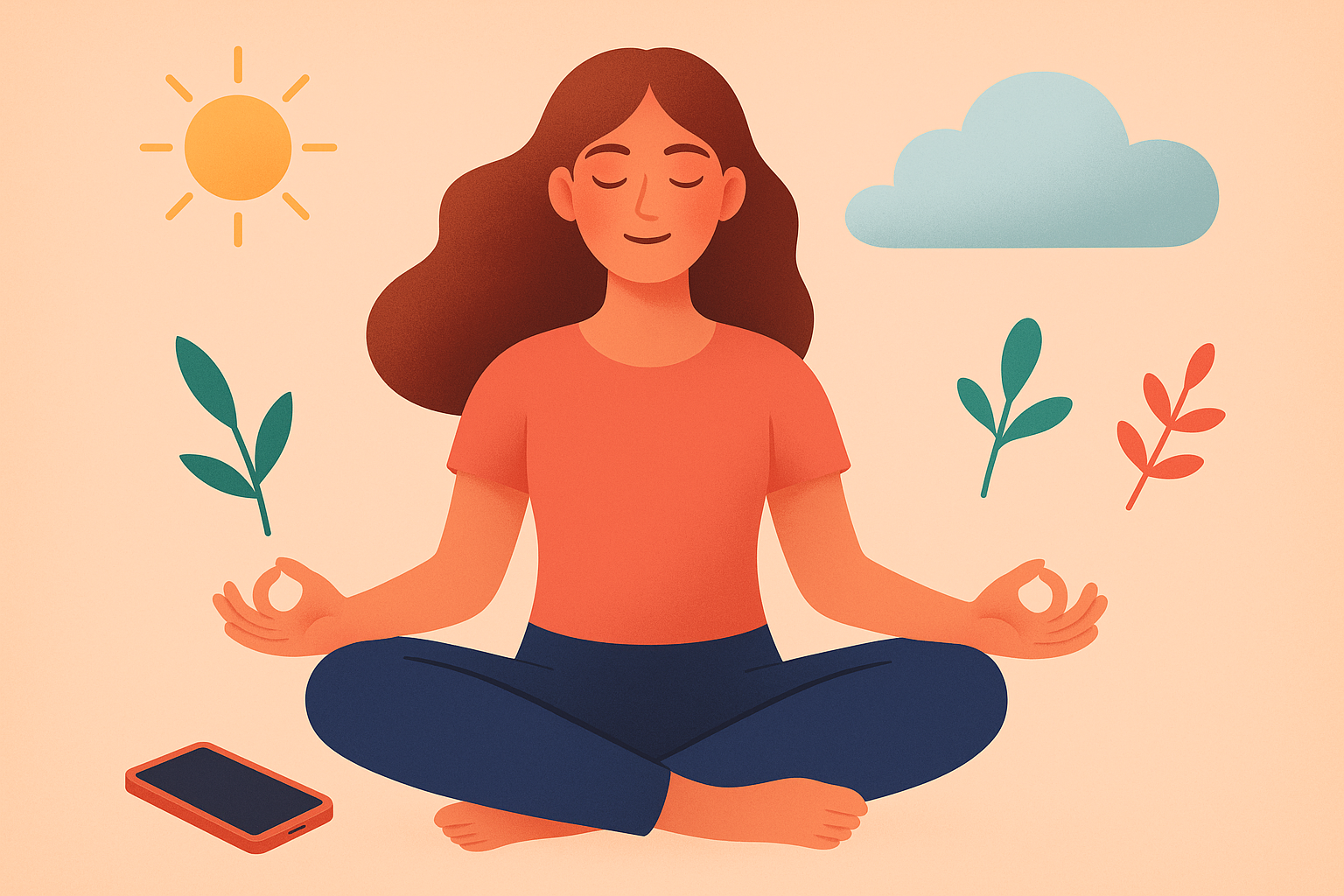The Benefits of a Digital Detox
In today’s always-on world, most of us are tethered to our devices from the moment we wake up until we close our eyes at night. Notifications, endless scrolling, and constant connectivity can feel unavoidable. While technology has made life easier in many ways, it can also take a toll on our mental, physical, and emotional well-being. That’s where a digital detox comes in—a conscious break from screens and digital noise to reset our minds and bodies.
Why a Digital Detox Matters
1. Reduces Stress and Anxiety
Constant exposure to emails, messages, and social media updates can overstimulate our brains and keep us in a state of alertness. A detox helps calm the nervous system, reduce cortisol levels, and create more mental space for relaxation.
2. Improves Sleep Quality
The blue light emitted by screens interferes with melatonin production, which is essential for restful sleep. By taking time away from devices—especially before bed—you give your body the chance to reset its natural sleep-wake cycle.
3. Enhances Focus and Productivity
Frequent notifications and multitasking diminish attention span. A break from digital distractions helps improve concentration, boosts creativity, and allows you to be more present in your tasks and relationships.
4. Strengthens Relationships
Putting the phone down encourages genuine face-to-face connection. It’s easier to deepen conversations, nurture intimacy, and be more present with loved ones when screens aren’t competing for attention.
5. Benefits Physical Health
Digital overuse is linked to poor posture, eye strain, headaches, and even reduced physical activity. A detox creates more opportunities for movement, outdoor time, and activities that support long-term health.
How to Do a Digital Detox
Set screen-free hours: Start with an hour in the morning or evening.
Create device-free zones: Keep phones out of the bedroom or dining area.
Replace screen time with other activities: Read, journal, exercise, cook, or spend time outdoors.
Use tools mindfully: Apps like screen timers or “do not disturb” mode can help establish healthier habits.
A detox doesn’t have to mean giving up technology completely—it’s about regaining control and using devices intentionally, rather than compulsively.
Supplements to Support a Digital Detox
Alongside lifestyle changes, certain supplements may help your body and mind adjust during a digital detox:
Magnesium – Supports relaxation, eases stress, and promotes better sleep.
L-Theanine – An amino acid (found in green tea) that promotes calm focus without drowsiness.
Omega-3 Fatty Acids – Beneficial for brain health, mood regulation, and reducing inflammation.
Ashwagandha – An adaptogenic herb that helps manage stress and balance cortisol levels.
Melatonin (low dose, short-term) – Can support the body’s natural circadian rhythm if screens have heavily disrupted your sleep.
As always, consult a healthcare professional before starting new supplements, especially if you have existing conditions or take medications.
Final Thoughts
A digital detox is not about rejecting technology—it’s about creating balance. By intentionally unplugging, even for short periods, you’ll likely notice improvements in your mood, energy, focus, and relationships. Small steps, such as device-free meals or screen-free evenings, can make a big difference over time.
Your mind and body deserve a break. Sometimes, the best way to recharge is to unplug.

